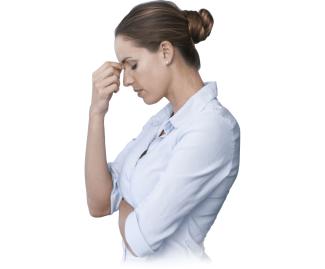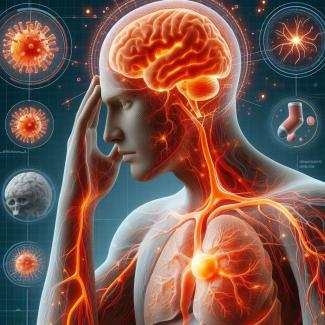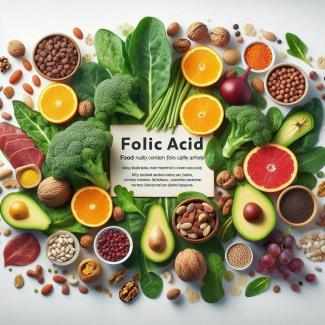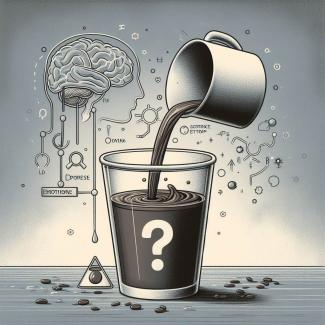
The duration of depression can vary widely from person to person, and there is no fixed or average length of time that depression lasts. Some people may experience a single episode of depression that lasts for a few weeks or months, while others may have recurrent episodes throughout their lives.
In general, the duration of a depressive episode can be influenced by several factors, including the following:
- Type of Depression: Major depressive disorder (MDD) is characterized by more severe and longer-lasting symptoms, while other forms of depression, such as persistent depressive disorder (formerly known as dysthymia), may be chronic and last for years at a lower level of severity.
- Treatment: The use of psychotherapy, medication, or a combination of both can significantly impact the duration of depression. Some people may respond well to treatment and experience a relatively short episode, while others may require more extended treatment or experience treatment-resistant depression.
- Individual Variability: People vary in their ability to cope with and recover from depression. Personal factors, such as resilience, social support, and coping strategies, can influence the duration of depressive episodes.
- Underlying Causes: The underlying causes of depression can affect its duration. For example, depression triggered by a specific life event may resolve once the stressor is removed, while depression related to a chronic medical condition may persist as long as the medical condition does.
- Early Intervention: Early intervention and effective treatment can help shorten the duration of a depressive episode. The longer depression goes untreated, the more likely it is to become chronic.
It's essential for individuals experiencing symptoms of depression to seek help from mental health professionals. The length of depression can be unpredictable, but timely and appropriate treatment can make a significant difference in reducing its duration and severity. If you or someone you know is struggling with depression, it's important to consult a mental health professional for an accurate diagnosis and a personalized treatment plan.






